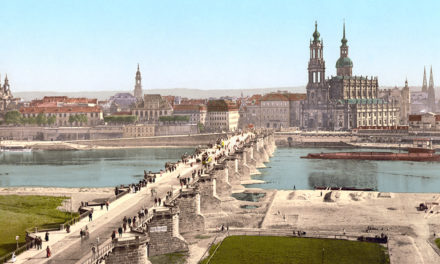Since Sunday, protestors in Lebanon have taken to the streets to demonstrate against its government after the country’s currency continued to plummet.
The anti-government protests were met with violent clashes from the Lebanese Army with at least one man killed. According to witnesses, the Army used live fire, rubber rounds and tear gas. At least a dozen banks have been set aflame across the country as citizens grapple with the worst financial crisis since the civil war in 1975.
The protests have re-emerged after beginning in October 2019 as a result of rampant corruption in the country and a worsening economic situation. The protests led to Prime Minister Saad Hariri and his government’s resignation but did nothing to rectify allegations of corruption or quell the rage of Lebanese citizens.
Since October, the Lebanese Lira has dropped by nearly 60% contributing to more widespread scarcity and leading to millions losing the value of their salaries or savings. Citizens have been unable to buy simple things like milk or bread, adding to the growing sense of hopelessness and anger amongst protestors.
Despite social distancing measures and other restrictions implemented due to the COVID-19 outbreak, citizens took to the streets once again to protest rising poverty and hunger. The government’s inaction in response to the virus outbreak has triggered more rage amongst citizens as families go without essential assistance.
Economic and Political Instability
While corruption runs unchecked in the country, contributing to a mismanagement of Lebanon’s economy, many have referenced the Lebanese Civil War as another reason for economic instability. The civil war lasted for 15 years and completely devasted the country, and many believe Lebanon has never recovered from that period.
Furthermore, the country’s political system has been condemned as well. The sectarianism practice of politics in the country, which sees jobs and positions divided by religious lines, has contributed to corruption and the inability to provide essential services like electricity to its citizens.
Fears have arisen that if reforms aren’t introduced that Lebanon will descend into another civil conflict.
- This Artist is Making the Underwater Arena His Canvas - 28th April 2021
- A Video Game that Promotes Peace and Conflict Resolution - 15th March 2021
- Netflix’s ‘Living Undocumented’ is a Difficult Series to Watch, and Exactly Why We Should - 9th March 2021






